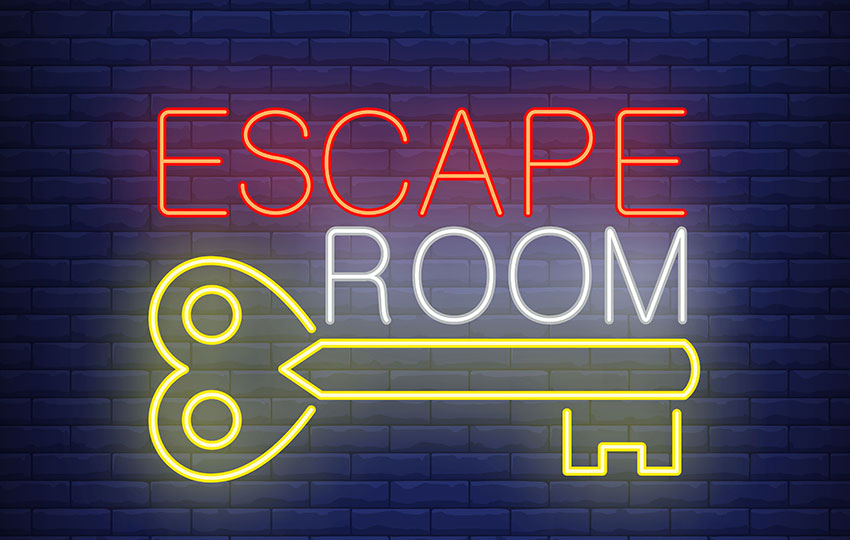Nowadays, unemployment is skyrocketing, which is a phenomenon that needs to be addressed immediately. Unemployment n young people is more prevalent, which is an obstacle to their professional development. Social entrepreneurship can help reduce youth unemployment via the collaboration within a variety of sectors, which leads to creation of new jobs.
On the other hand, formal education seeks ways for a more effectively and actively learning, so that students can dive deeper into the educational subjects and develop a wide range of skills that will be useful to them both in the school and the workplace life.
The European Union has as its priority the solution of the unemployment issue and through a multitude of actions aims to reduce the unemployment rates. One of them is the European projects that contribute to this direction.
The ER-SE project: Escape Rooms for Social Entrepreneurship: re-defining the entrepreneurial ramifications of gamification in youth-oriented activities, for example, aims to provide appropriate and modern educational tools for NGOs and youth organizations for social entrepreneurship, which considers simultaneously all the trends in digital capabilities and innovative educational processes that can help speed up knowledge assimilation but also help people implement social entrepreneurship. ER-SE aims to educate the next generation of entrepreneurs dealing with the sociological implications of entrepreneurship.
The first Intellectual Output project has recently been achieved, which is an e-book entitled “The pedagogical applicability of gamification and ER for Social Entrepreneurship in the Youth Sector“. This e-book contains information about what Escape Rooms are and break out boxes are, how an Escape Room can be created and why it is good to incorporate Escape Rooms as a method of practical assimilation of knowledge in education and how we can connect them with education in social entrepreneurship.
E-book analyzes the types of Escape Rooms and their usefulness, the tools that can be used as well as suggestions on how the reader can create their own Escape Room. The following examines how they can be integrated into education, focusing mainly on using them as a pedagogical tool that promotes collaboration, creative thinking, effective time management, and at the same time contributes to the development of a variety of skills.

